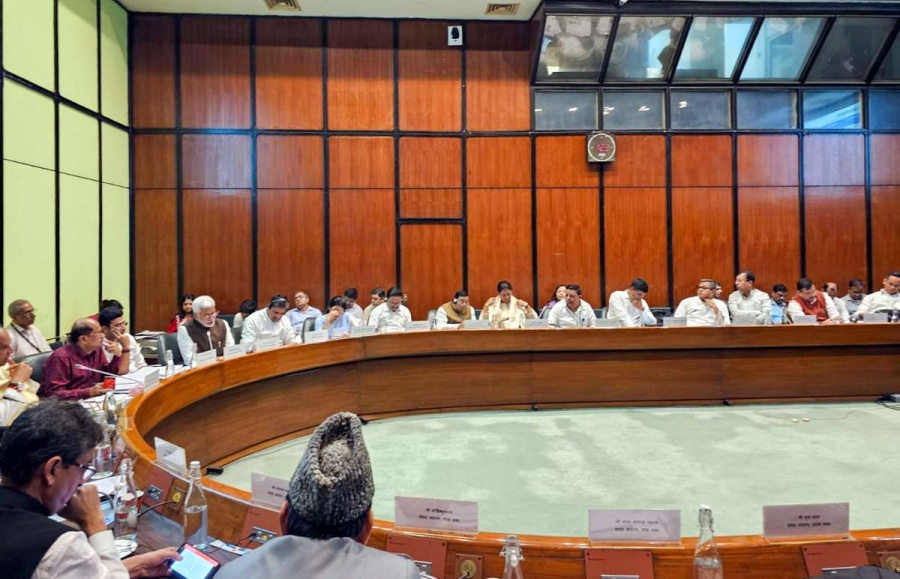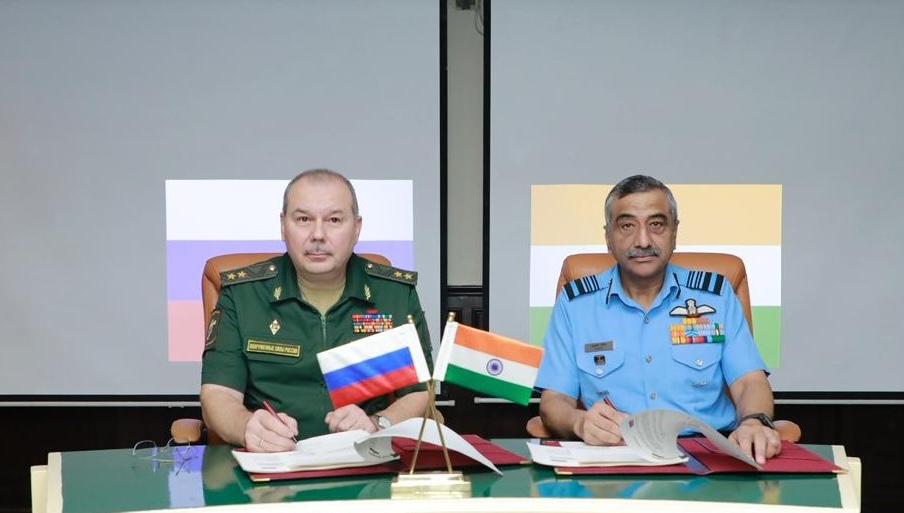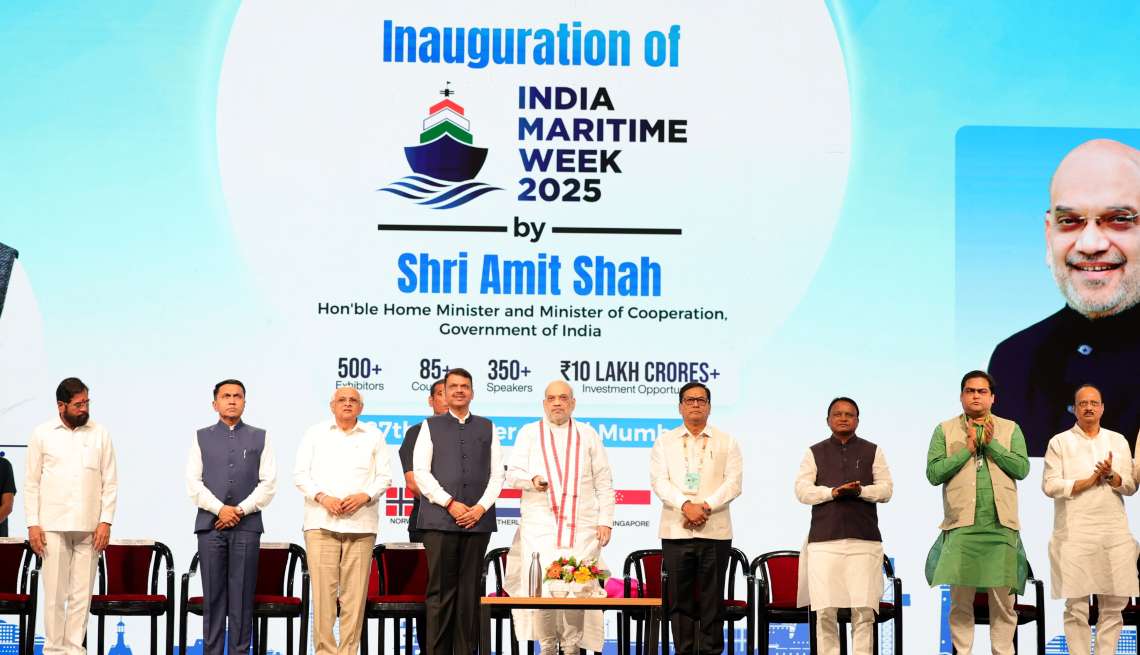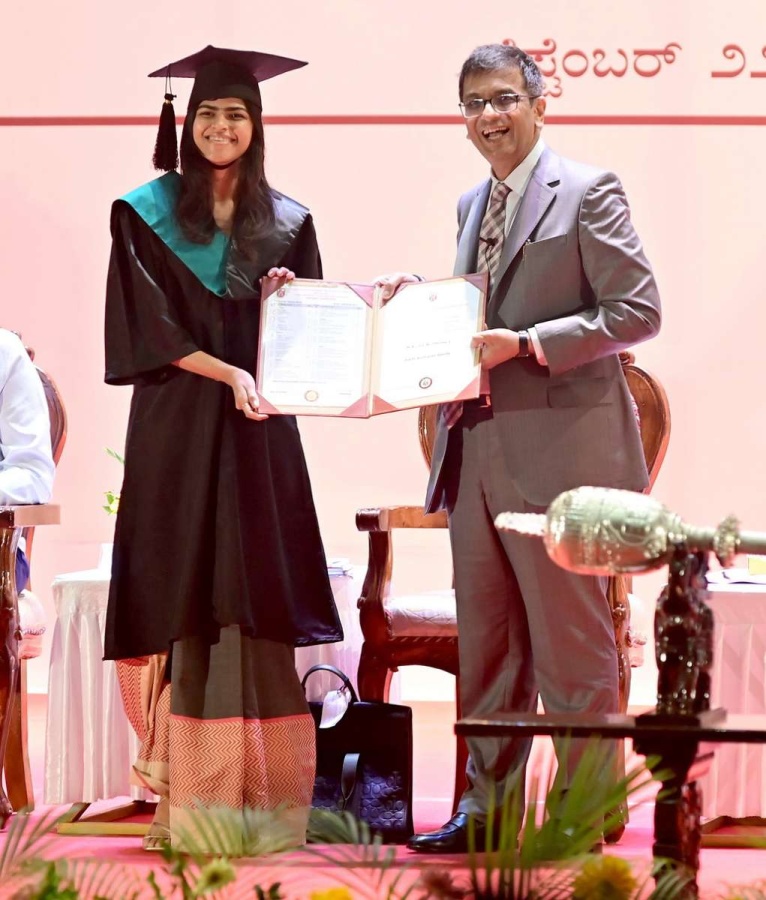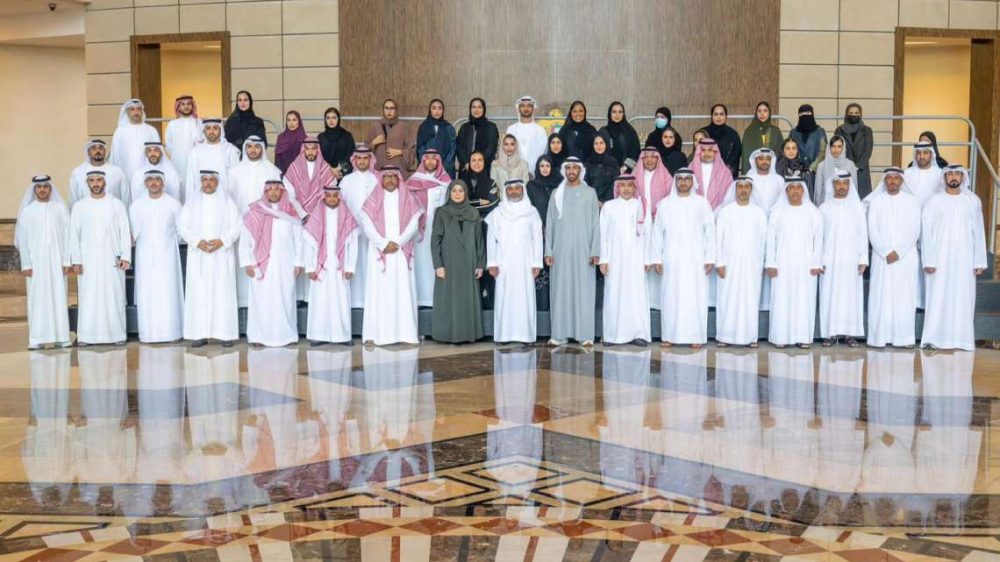Last month, the committee invited written suggestions from the public, NGOs, experts, and stakeholders, asking them to submit comments via email or by post…reports Asian Lite News
A parliamentary panel reviewing the Waqf (Amendment) Bill has received an overwhelming 1.2 crore email responses, as rival groups launched campaigns to support their respective views on the proposed legislation.
The Joint Committee on the Waqf Amendment Bill, chaired by BJP leader Jagadambika Pal, also received 75,000 responses with supporting documents, leading the panel to request additional personnel from the Lok Sabha Secretariat to process the influx of feedback.
Fifteen extra staff members have been assigned to categorise and document the emails, according to parliamentary sources. The surge in responses was fueled by an appeal from radical Islamic preacher Zakir Naik, urging his followers to oppose the Bill. In response, several Hindu groups encouraged their supporters to send emails backing the legislation.
Last month, the committee invited written suggestions from the public, NGOs, experts, and stakeholders, asking them to submit comments via email or by post. To further assess the Bill, the committee is embarking on a five-city tour starting September 26, which will take them to Mumbai, Ahmedabad, Hyderabad, Chennai, and Bengaluru.
During these visits, the panel will gather feedback from government officials, legal experts, Waqf Board members, and community representatives. Key areas of focus include digitising Waqf records, improving audit processes, strengthening legal measures to address encroachments, and decentralising Waqf management.
The nationwide consultations aim to ensure a well-rounded reform of the Waqf Act by incorporating input from multiple stakeholders across the five states and Union territories.
The first stop of the JPC’s nationwide consultation will be held in Mumbai on September 26. The committee will meet with representatives from the Government of Maharashtra, the Ministry of Minority Affairs and the Maharashtra Waqf Board.
The state’s rich history with Waqf properties, which include major mosques and charitable institutions, means that Maharashtra is a critical stakeholder in the dialogue.
Also joining the discussion are the Maharashtra State Minority Commission, members from the Bar Council, Lawyers Associations and Muttawalli Associations, representing those directly involved in the legal and operational aspects of waqf management.
The discussion in Mumbai will set the tone for the rest of the consultations, focusing on how the bill addresses key issues of transparency, efficiency and empowerment. Maharashtra, with its diverse population and significant minority representation, provides a unique perspective on how waqf assets can be better managed for community welfare.
The JPC will travel to Ahmedabad, Gujarat, on September 27, to meet with representatives of the Government of Gujarat, the Gujarat Waqf Board and other key stakeholders. Gujarat’s minority affairs infrastructure, led by the State Minority Commission, has been pivotal in managing waqf properties that have historical and religious importance.
Gujarat’s legal fraternity, including members from the Bar Council, Lawyers Associations and Muttawalli Associations, will also weigh in on how the proposed reforms will impact waqf management in the state. Gujarat’s proactive governance model has often been highlighted as an example of efficiency and the JPC will likely explore how such efficiency can be replicated in waqf management.
The Joint Committee of Parliament will hold discussion in Hyderabad on September 28. In this meeting, representatives from Andhra Pradesh and Telangana, including the Waqf Boards and State Minority Commissions of both states, will present their views.
Hyderabad is home to some of the most significant Waqf properties in India, including the grand Mecca Masjid and various charitable institutions. As such, the management of these properties has a direct impact on the social and economic welfare of the community.
In addition, the Chhattisgarh Waqf Board will also participate in the Hyderabad discussions, providing insight from central India. The diversity of voices from Andhra Pradesh, Telangana, and Chhattisgarh is expected to offer a comprehensive view of how waqf properties are managed across the southern and central parts of the country.
The JPC will hold an informal meeting in Chennai on September 30. Here, discussions will take place with representatives from the Government of Tamil Nadu, the Tamil Nadu Waqf Board, and the State Minority Commission. Tamil Nadu, a state that prides itself on its progressive governance, has unique challenges with waqf properties, especially in rural areas like Thiruchirapalli District.
Waqf properties in rural areas often face unique challenges, including encroachment and underutilisation. By engaging with local leaders, the JPC hopes to gain insights that will inform its decisions on how best to empower local communities through better waqf management.
The final stop of the Joint Committee of Parliament’s nationwide tour will be Bengaluru on October 1. In this city, representatives from the Government of Karnataka, the Karnataka Waqf Board, and the State Minority Commission will join the discussions. Karnataka has a significant number of Waqf properties, and the management of these assets has often been in the spotlight for both successes and challenges.
Adding to the diversity of the discussions will be representatives from the Kerala Waqf Board and members of the Bar Council, Lawyers Associations, and Muttawalli Associations. Kerala, with its own unique waqf management structure, will provide valuable insights, especially regarding how waqf assets can be integrated into broader social welfare schemes.
ALSO READ: Biden welcomes progress on India’s procurement of MQ-9B drones


